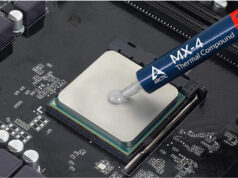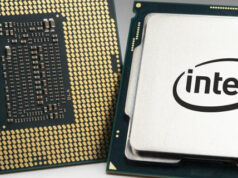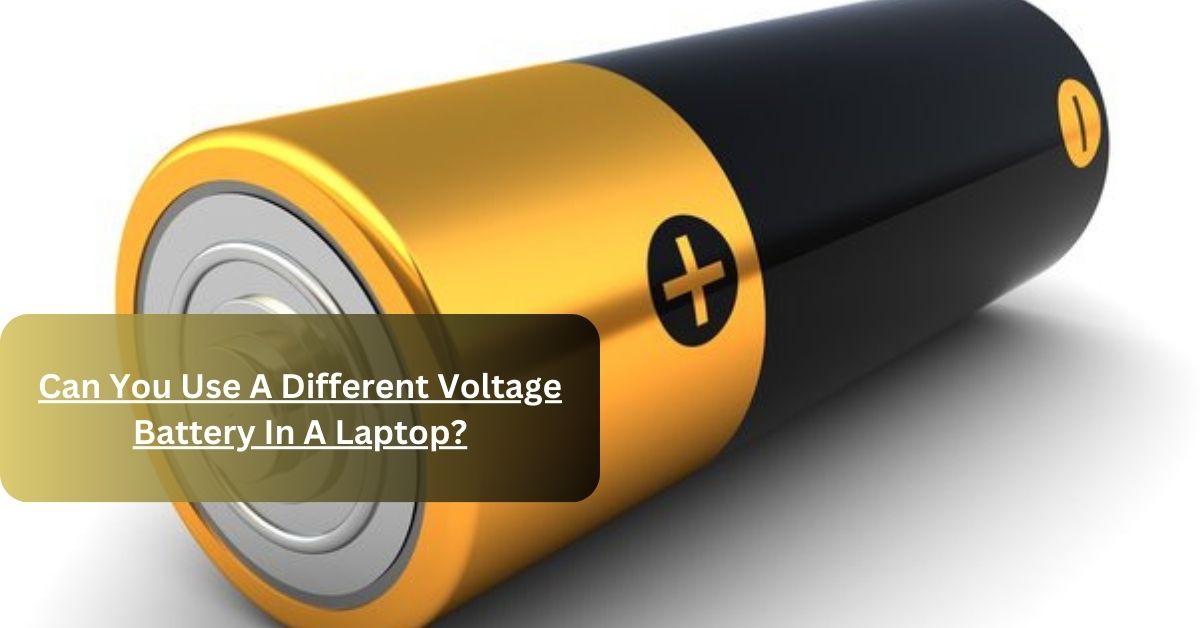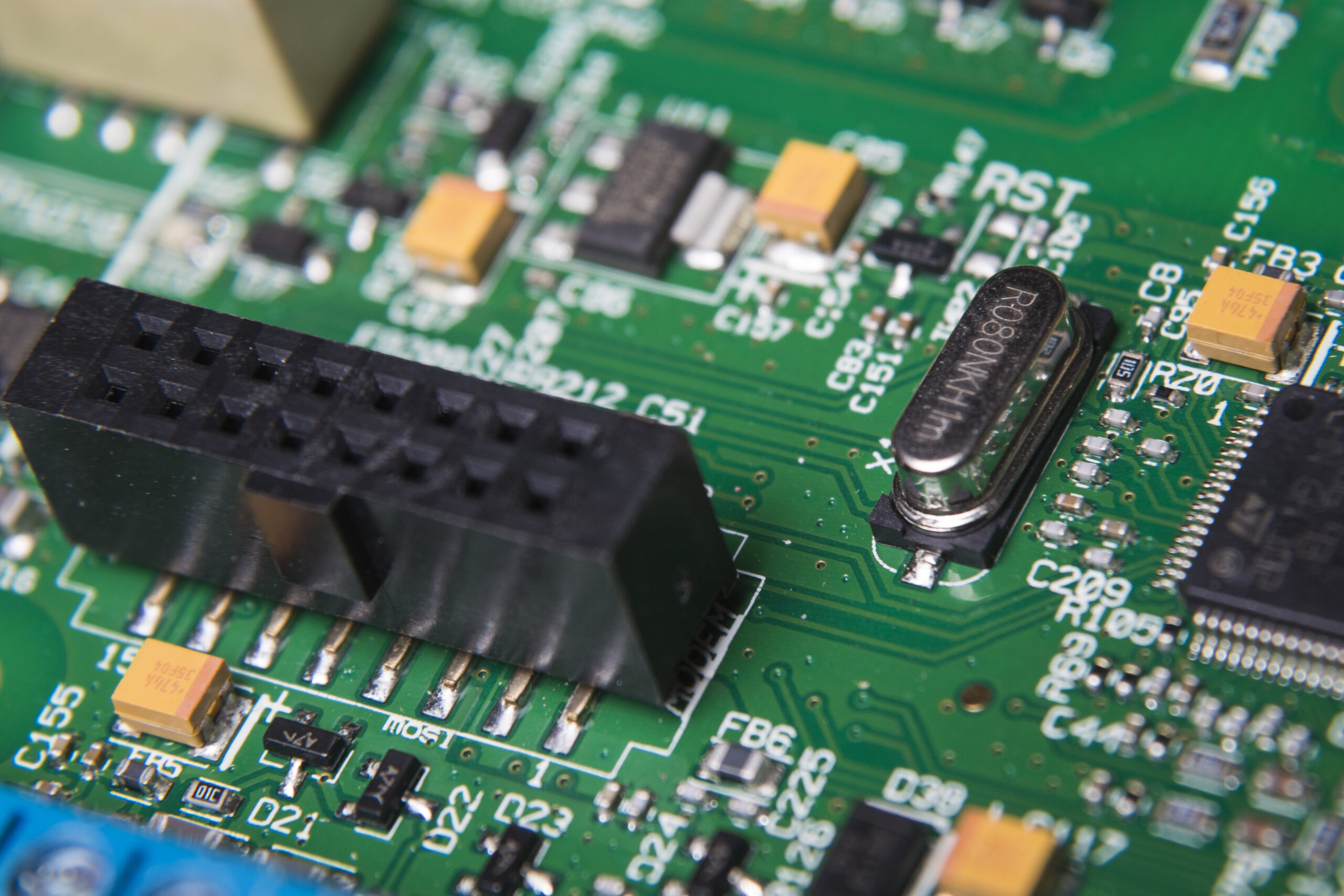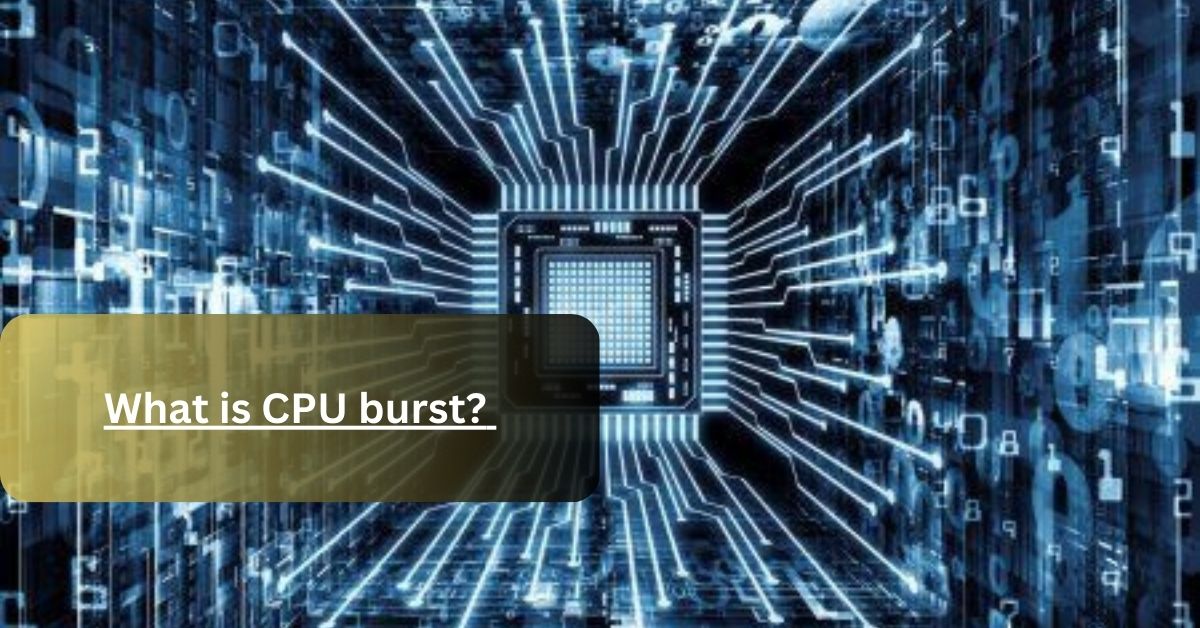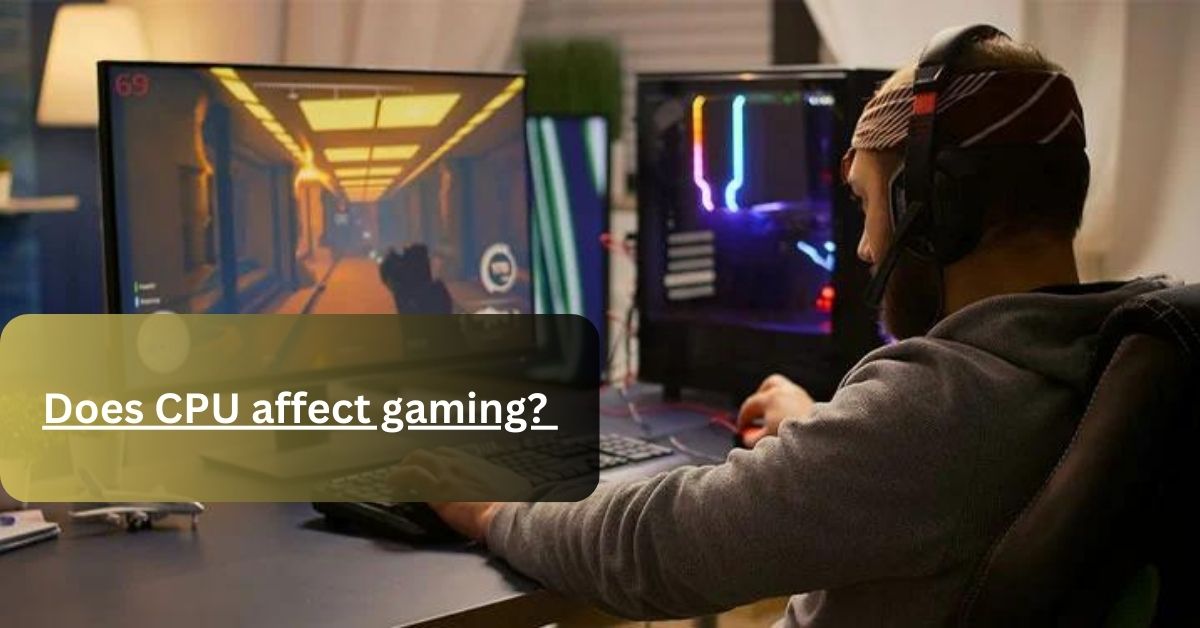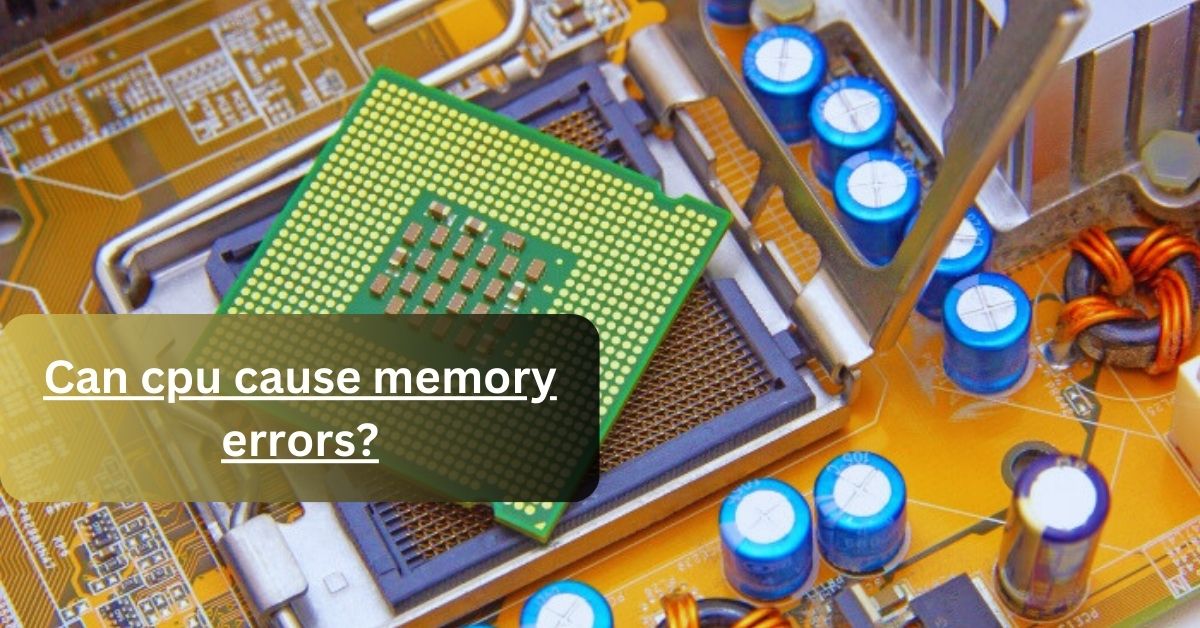As we know well it is natural that everything has advantages as well as disadvantages. The same thing happens in the scene of overclocking.
Overclocking is used to increase the performance of the Computer. But its drawback is that it decreases the lifespan of the CPU or other components.
If we talk about does overclocking lower CPU lifespan? Yes, Overclocking impacts the lifespan of the CPU.
Overclocking is mainly used to increase the clock time of the computer or you can perform fastly than the normal speed. But doing this is quite risky as it reduces the lifespan of the CPU.
Here is the question, that how overclocking decrease the lifespan of the CPU? Overclocking make an extra burden on the CPU which produces more heat.
And it causes overheating, and as a result, it has a bad impact on the overall lifespan of the CPU and GPU.
In this blog post, I will give more amazing facts about the CPU and try to clarify all the facts about overclocking and the impact of it on the CPU. So, must read the complete blog.
How Do I Know If I Can Overclock My CPU?
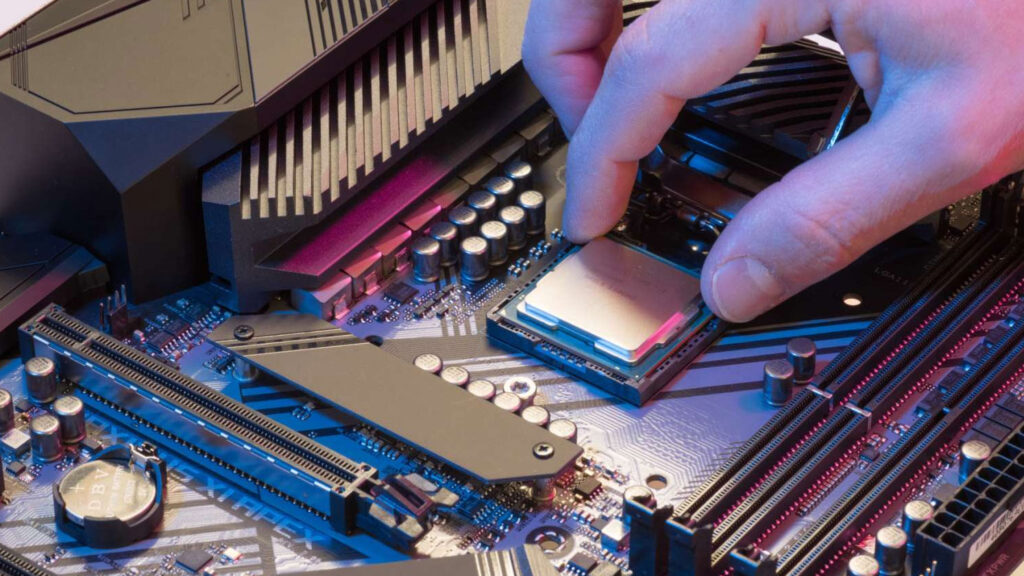
Overclocking is mainly used to increase the clock time of your PC. In simple words, It is just the raising of the base clock (the base clock is the clock speed of the motherboard). If you want to know, How to overclock your CPU? Here is an easy method for you.
Firstly, <<…Go to the setting..>> and ensure your motherboard is supporting overclocking. Now, check the maximum overclock speed that is provided by your motherboard.
Ensure that a proper cooling system is installed in your motherboard. By turning on the overclocks settings, keep yourself ready to do some task which is supported by the system.
Just keep in mind that overclocking is quite risky. You need to install a very strong cooling system because overclocking increases heat production.
Overclocking is helpful in a way that it increases your battery health and increases efficiency in the system, but its cons are that it may cause overheating, which may damage your motherboard.
So, I recommend you not to use overclocking until you have proper guidance and you don’t have a proper cooling system.
If you want to still use this without any precautionary measure, then use it at your own risk.
Benefits Of Overclocking CPU
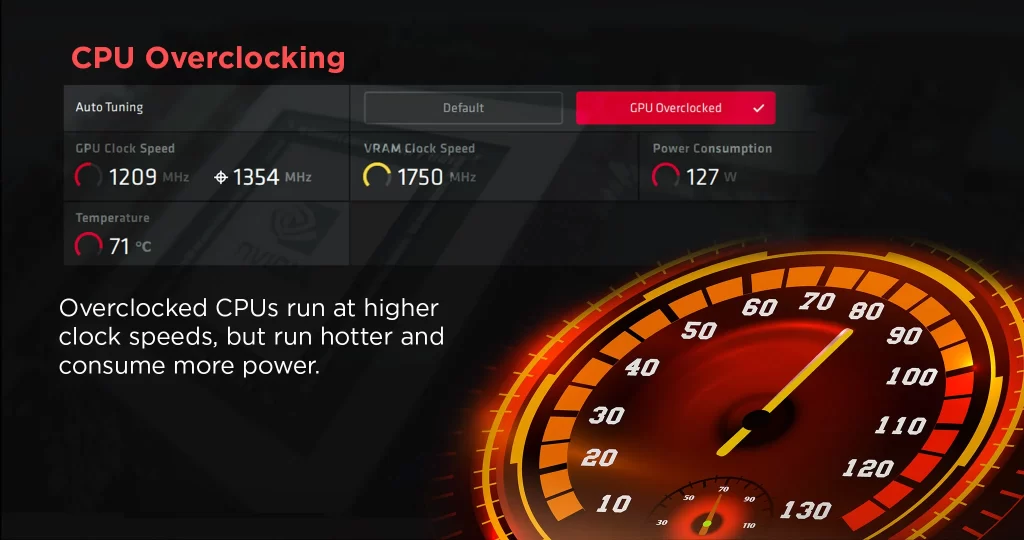
As we all know that overclocking is not recommended because it is not safe. Besides the disadvantages, there are many advantages as well.
If you have proper guidance and information, then you can use it and get benefited. Now see the benefits which you can avail by overclocking.
The most ambient pro is that you can save money. If you are using overclocking, then you can do more work easily which makes a dollar for you.
Or you can perform tasks within seconds, which saves you electricity (an alternative to money).
Another advantage which you can avail is that it helps to increase the performance or efficiency of your PC.
If you are a gamer and want to enjoy games, then using overclocking can enhance your gaming experience by increasing the speed of your processor.
But it is only recommended under some conditions ( best cooling system).
Read: Can Fauclty CPU Damage Motherboard? – Best Answered
Disadvantages of Overclocking CPU
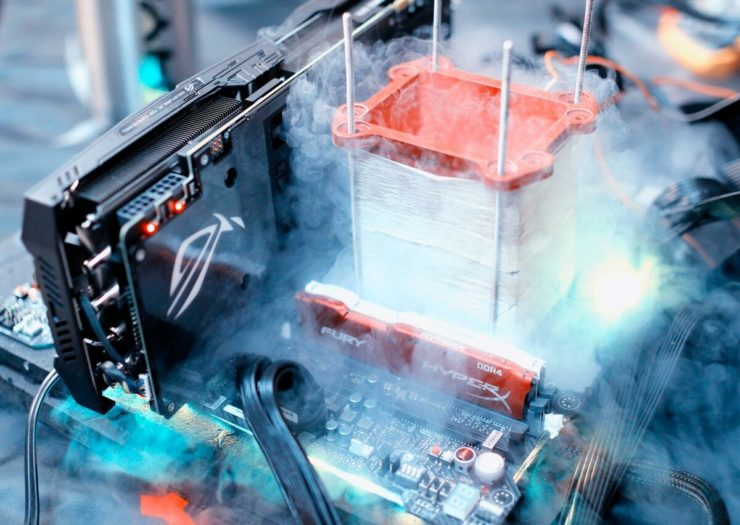
As we all know that overclocking has advantages as well as many disadvantages. Unfortunately, its drawbacks are more worthy than its benefits. Overclocking has the power to damage your CPU. A few drawbacks of overclocking are listed below:
- The warranty of your CPU will be voided.
- It increases the power requirement of your CPU because overclocking requires more power to run the processor. It is an extra workload on the CPU.
- It requires a high voltage which increases the risk of short circuits.
- Extra heat is produced while overclocking, due to heat there is a great chance that the motherboard socket is damaged. Because it is placed near the CPU.
- It will increase the noise of Fans if the cooling system is not properly working.
- It may also decrease the lifespan of the CPU.
Here are the drawbacks of Overclocking. Before applying it for prons, must keep an eye on the cons as well. It helps you to identify the risks.
Conclusion:
It is concluded for you that overclocking is reducing the lifespan of the CPU. This is the question, you and many other users raised is it possible that overclocking reduces the lifespan, so, It is clear that it is possible that the CPU is damaged or decreases its lifespan due to overclocking.
But if you use the proper cooling system, which helps to control excessive heat, then there is less chance of damage.
If you can more about CPU, feel free to contact us..!!!
FAQ’S
1. Why overclocking is not worth it?
Overclocking is not worth it because it consumes more power and high voltage. Many processors do not support high voltage, hence overclocking is not applied. Another reason is that it produces more heat which increases the risk of damage to the CPU.
2. How much lifespan does overclocking reduce?
This is a rare chance of damaging the CPU. Some gadgets last for 5 to 10 years. But fans and sockets may be damaged due to excessive heat production.
Video Guide
Related Articles
- Does Overclocking Lower Cpu Lifespan? || Benefits & Disadvantages
- Can Cpu Cause Black Screen? – Understanding The Causes
- Can Fauclty CPU damage motherboard? – Best Answered
- How long do liquid coolers last? || A Guide to Understanding Their Lifespan
- Do liquid coolers come with thermal paste? – Complete Guide




